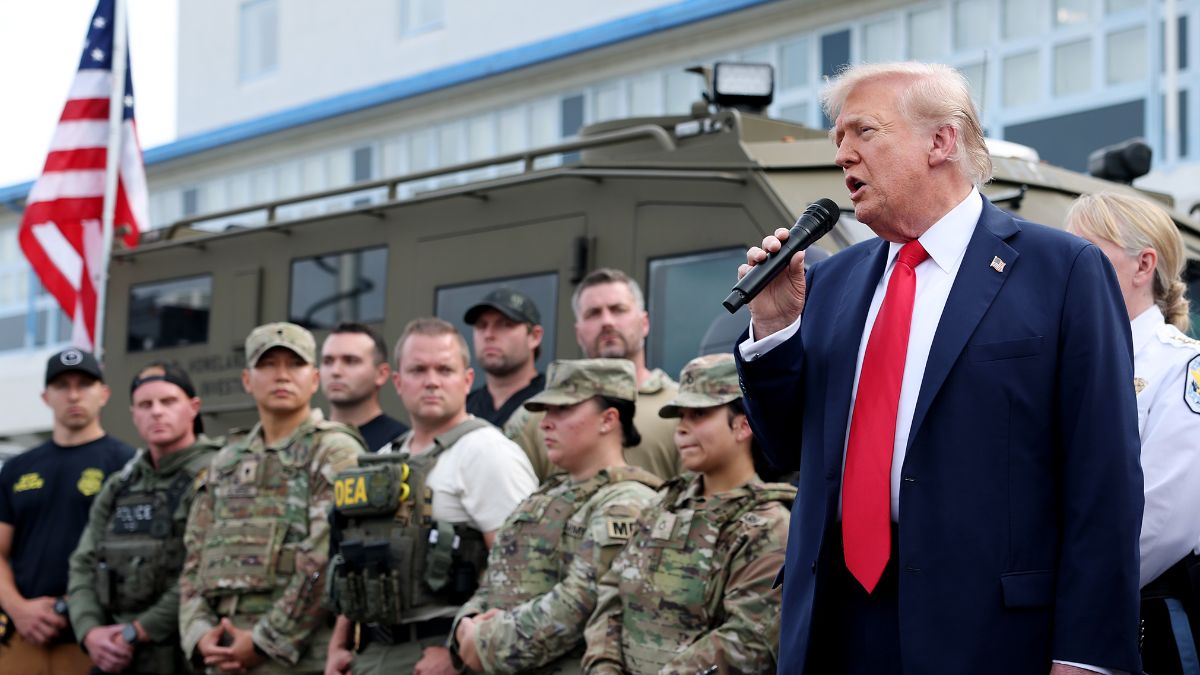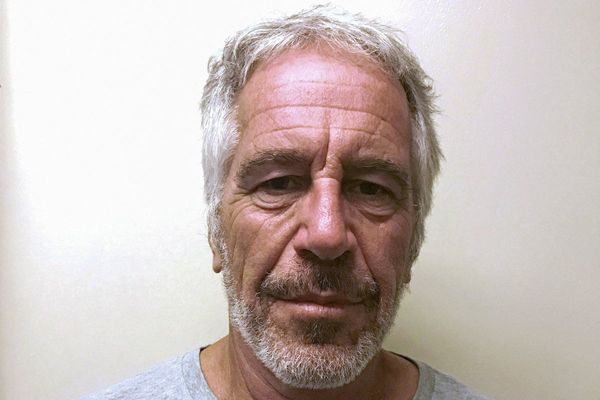
Portland City Councilor Mitch Green is once again urging National Guard troops to reject deployment orders from the Trump administration. He’s even going so far as to announce he is “100% prepared” to connect any soldier who chooses to defy the order with free legal resources.
This whole situation is getting heated, especially after the 9th Circuit Court of Appeals recently lifted one of the temporary restraining orders (TROs) that were blocking the deployment of the National Guard to the city. While Oregon Governor Tina Kotek is pushing back, arguing that the troops still “cannot deploy” until the second TRO is overturned, Green is making a direct appeal to the individual members of the military, reminding them that their first duty is to the Constitution, not necessarily to their chain of command.
Green, who is an Army veteran himself, hasn’t softened his stance since he first called on Guardsmen to “disobey” any “unlawful order.” In fact, he doubled down on his position recently, per Fox, directly challenging the idea of absolute obedience. “I respectfully disagree with the terminology in the oath of service,” he stated.
National Guard troops may have a choice to make
Green made it clear that a soldier’s duty isn’t just about following orders, but about upholding a higher ideal. He stressed, and I think this is key: “The oath of service says that you are obligated to follow the Constitution. You are to protect and serve the Constitution. Your duty is to the Constitution, and there may be times when you face an order from your chain of command that is illegal.”
Now, to be fair, he did mention that he never had to reject an order during his own military career, but he was quick to point out that he was never “faced with a clearly illegal order to deploy to an American city,” which, you know, makes a huge difference in how you see things. This deployment, in his view, clearly crosses a line, forcing soldiers into a situation that could violate their oath. Something like arming soldiers against their own people is one thing that comes to mind.
Moving forward, Green framed the decision to deploy as a deeply personal and moral one for every soldier, airman, and Marine. He understands that this isn’t an easy position to be in; after all, you’re talking about career-ending (or worse) consequences. Yet, he believes that each service member must confront the order based on their own gut feeling.
He added that the decision comes down to what he calls their “moral compass.” This really puts the pressure on the individual troops, making them choose between the military culture of “obey first” and their sense of right and wrong. It is still illegal for a member of the armed forces to disobey a direct command, but if that command is unlawful, they may, which makes it so hard to determine what is wrong or right.







